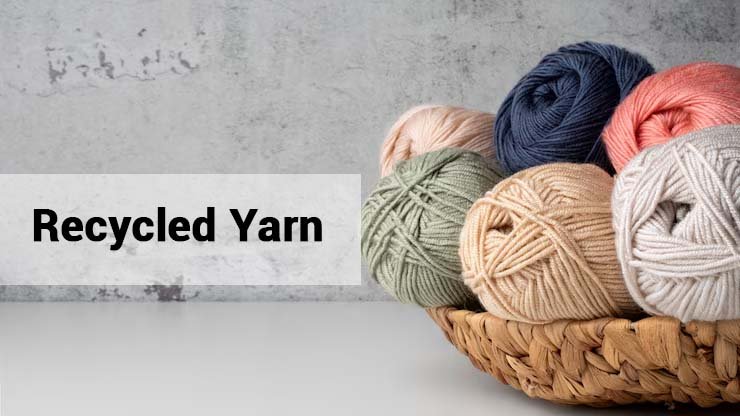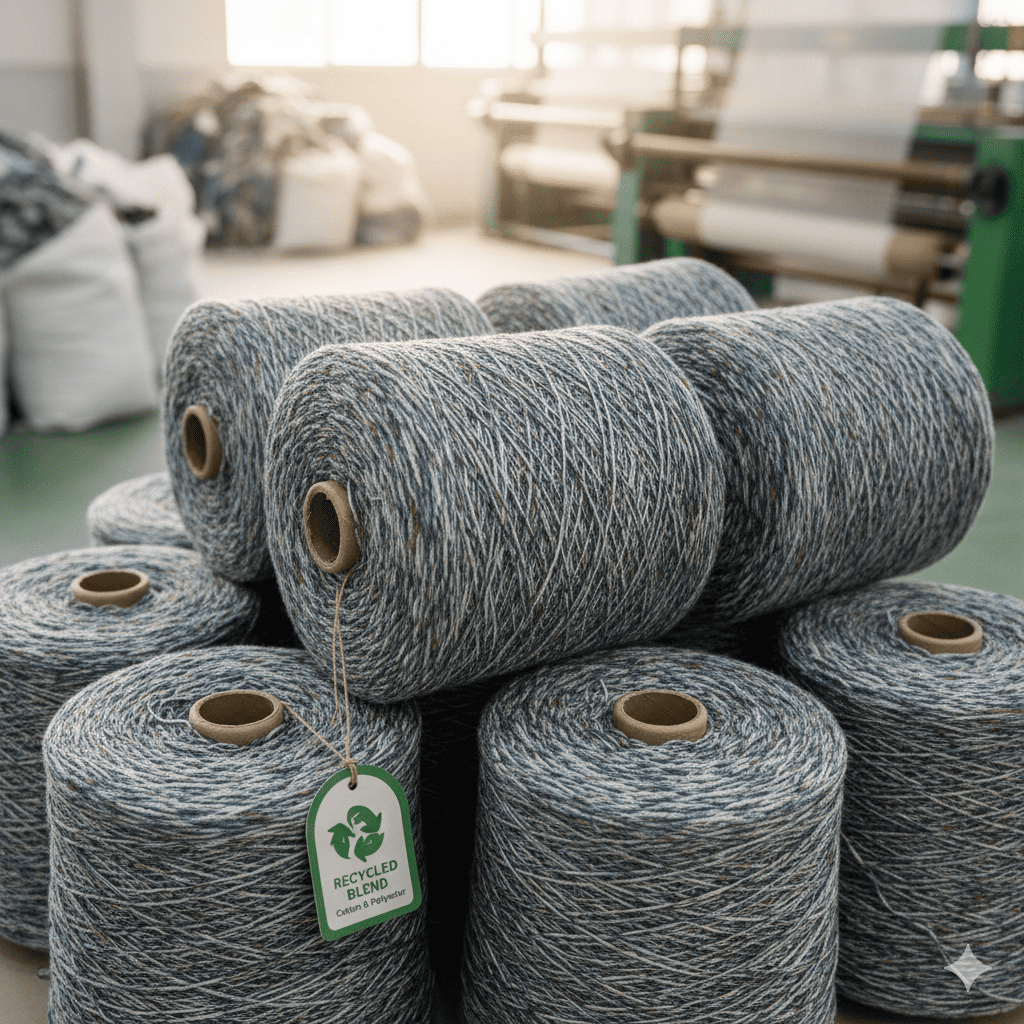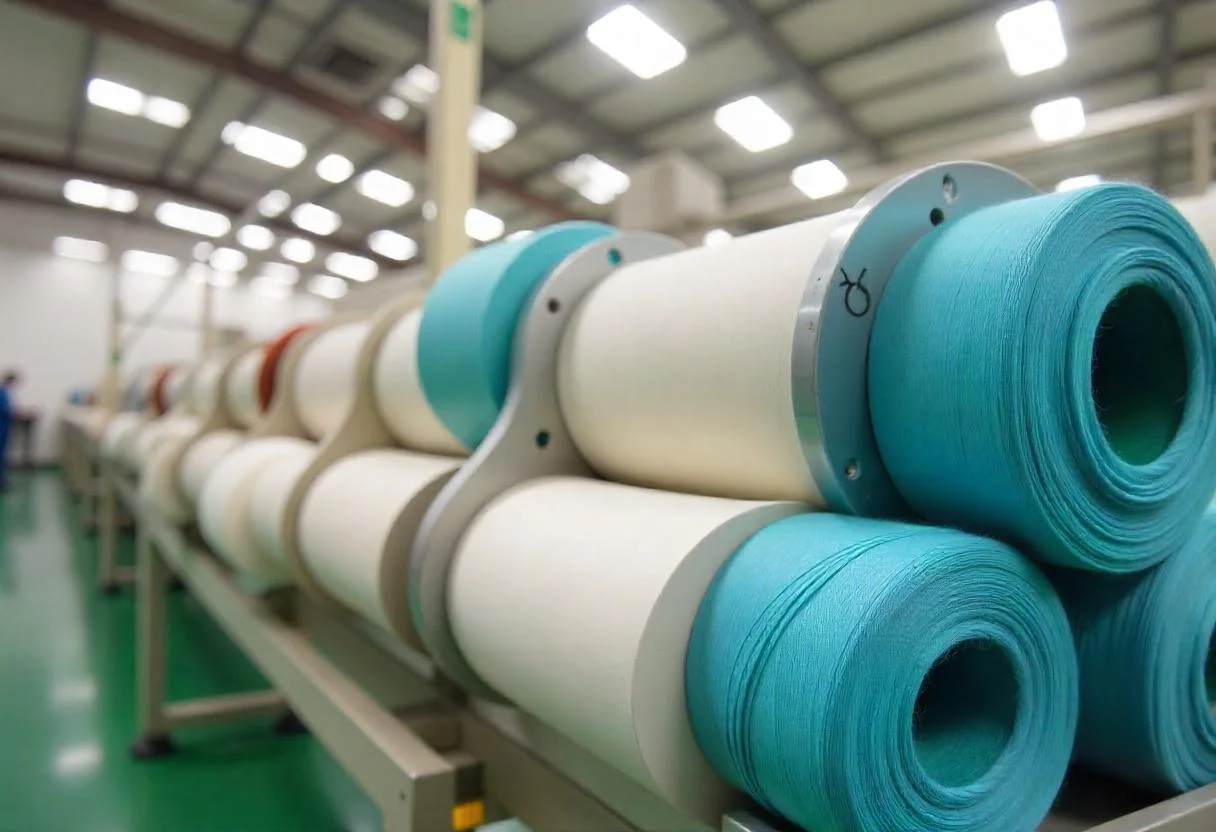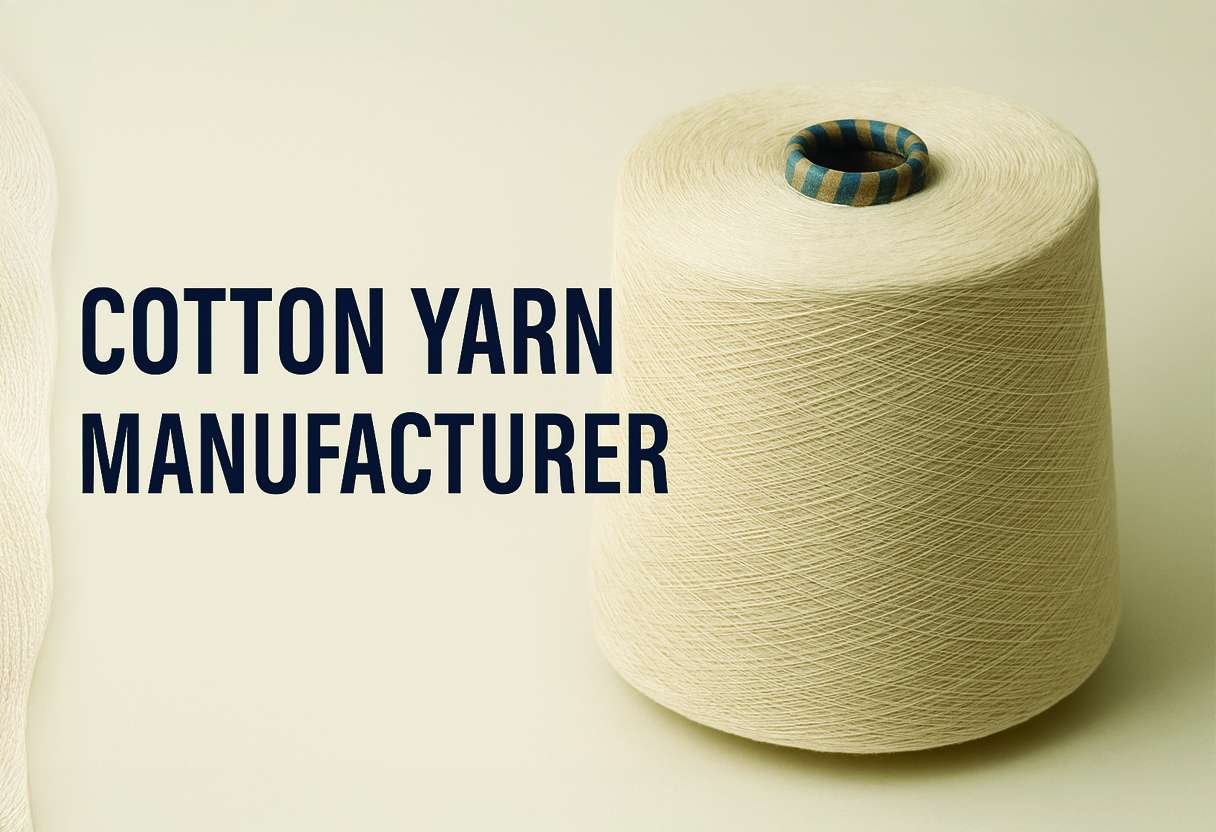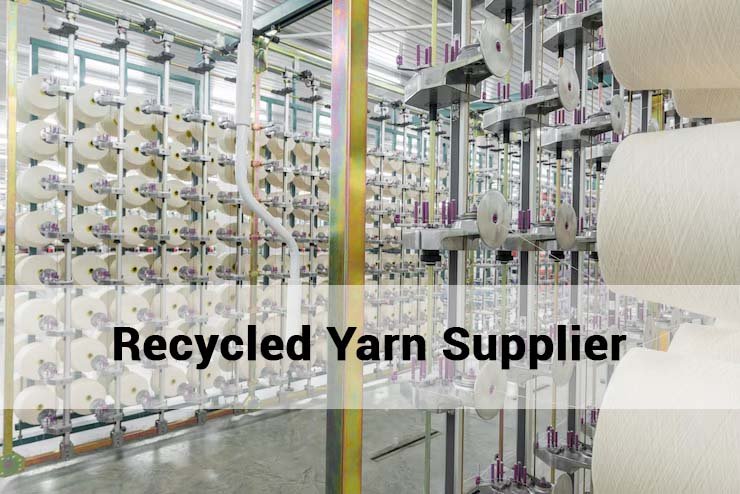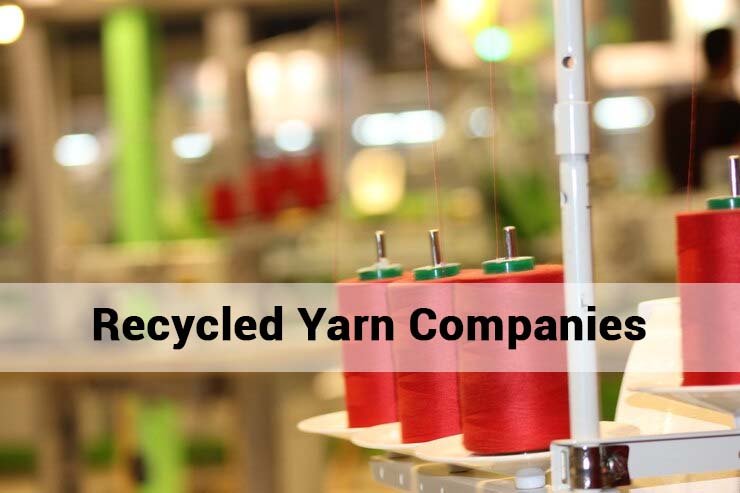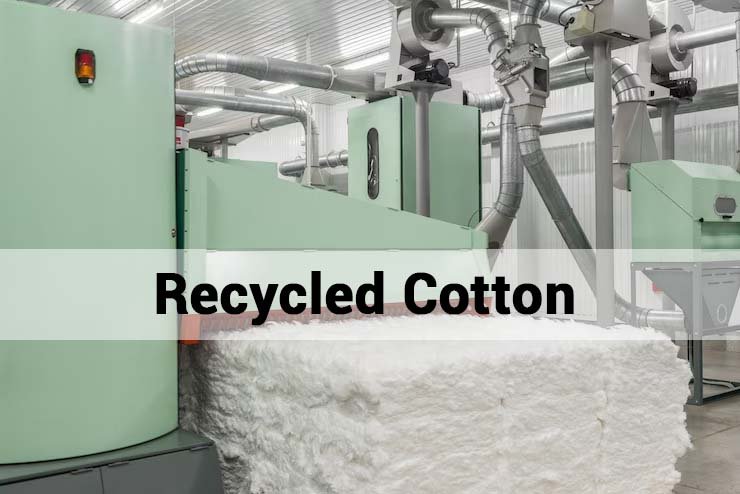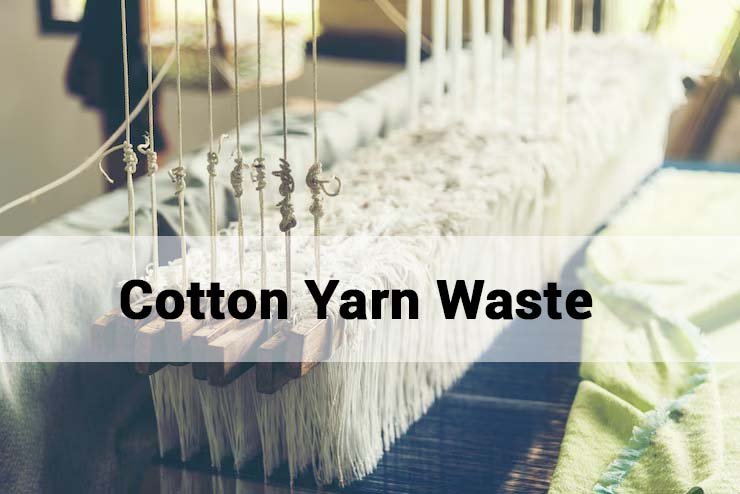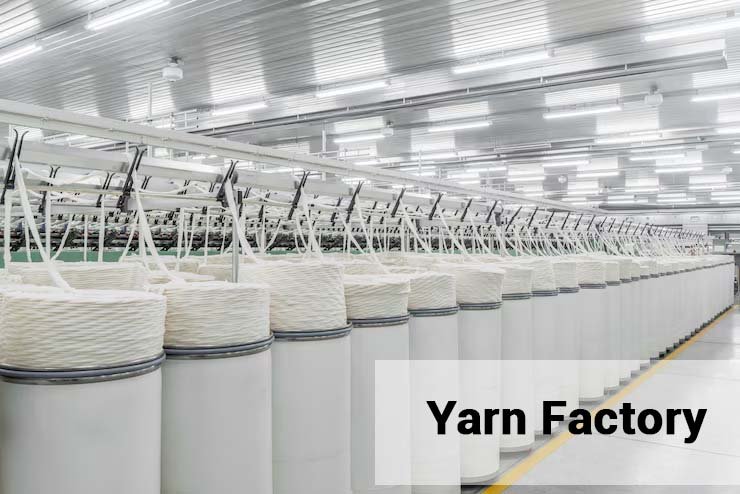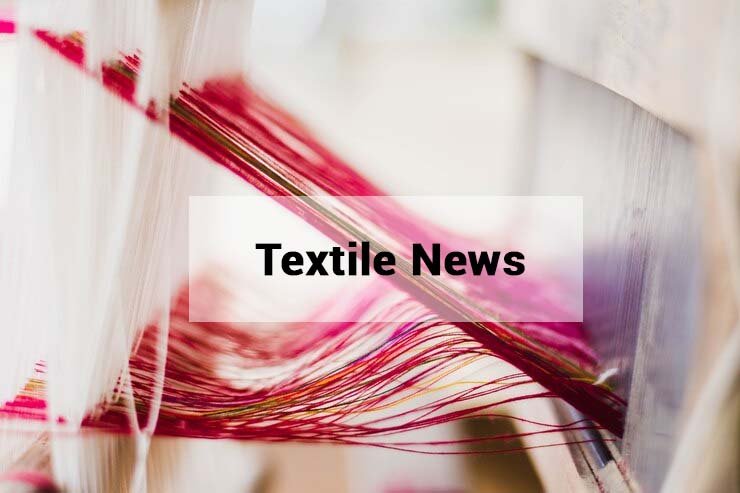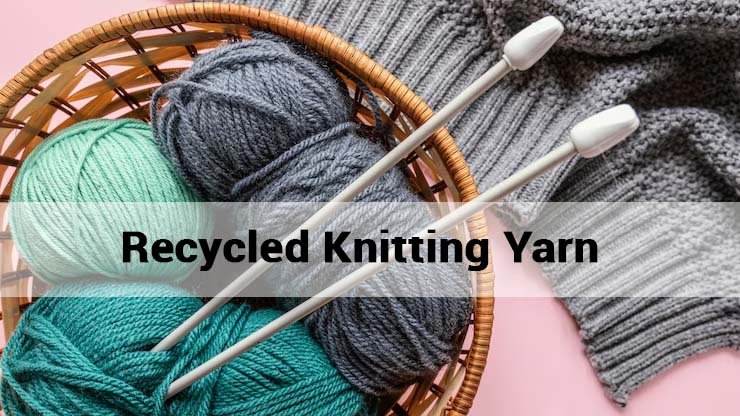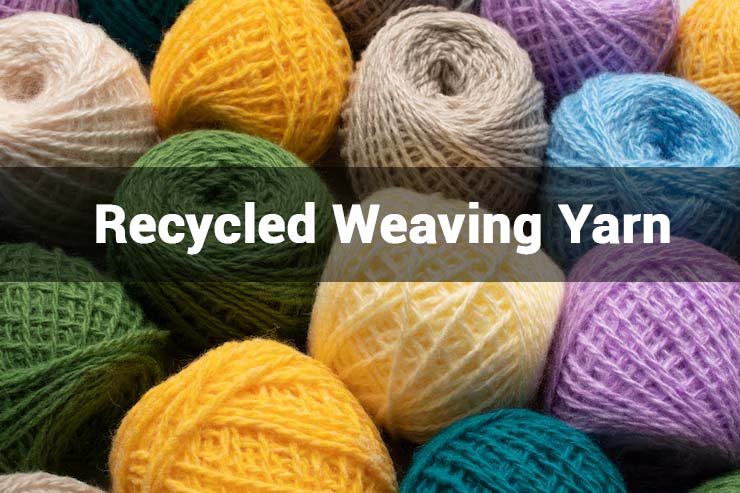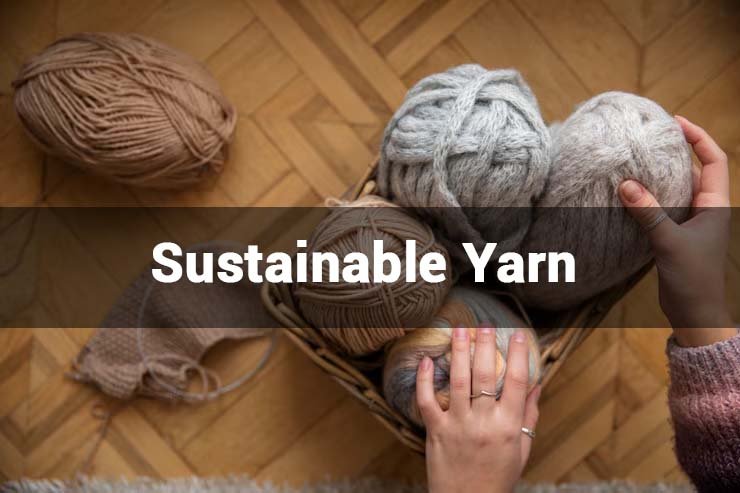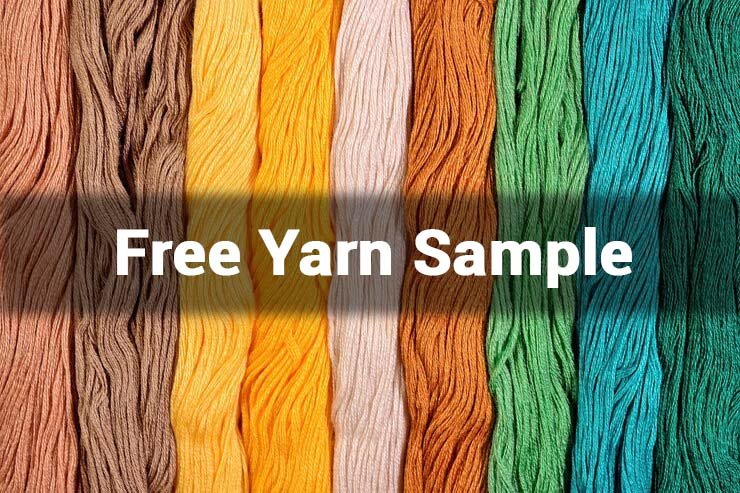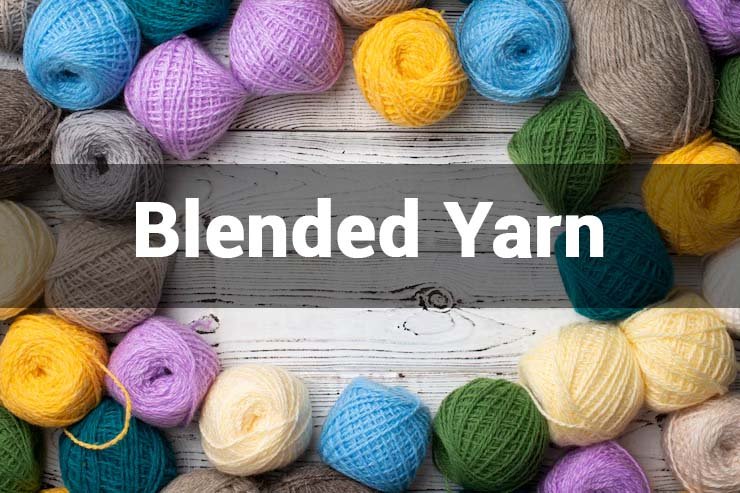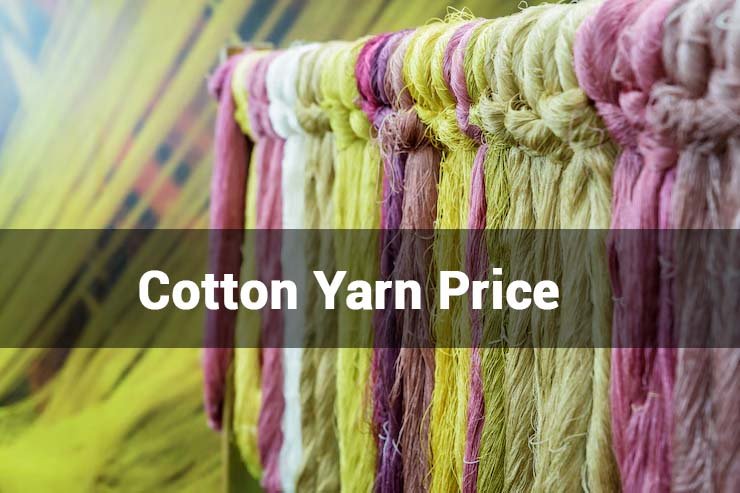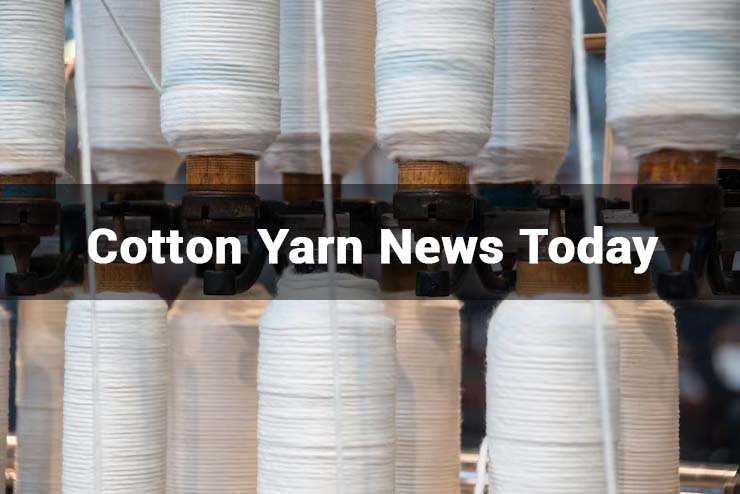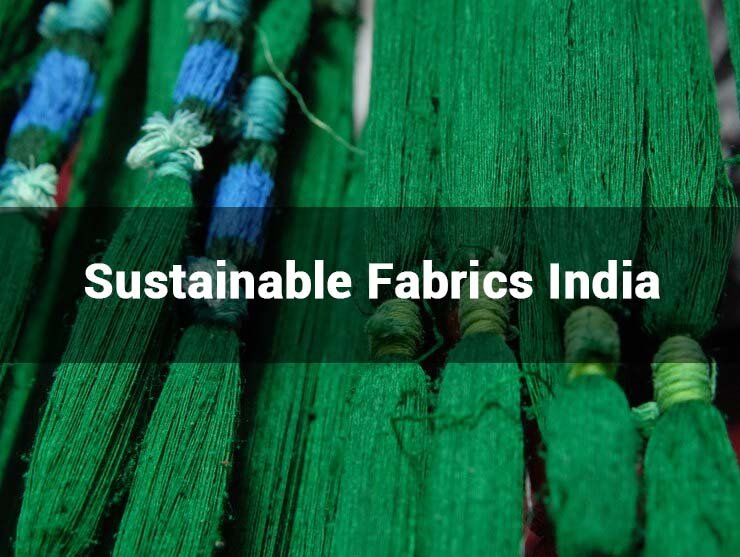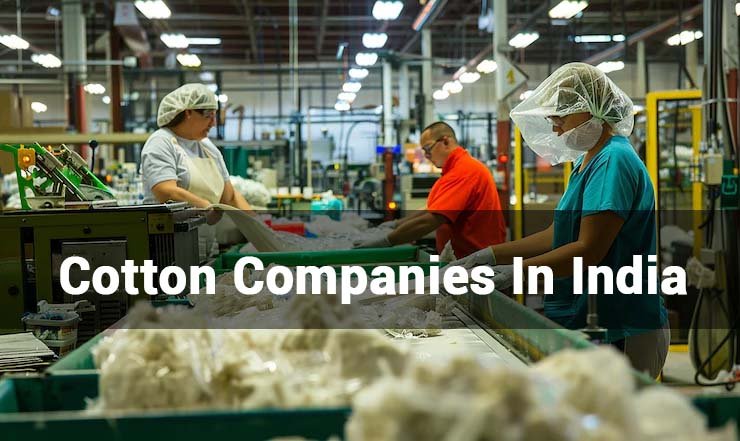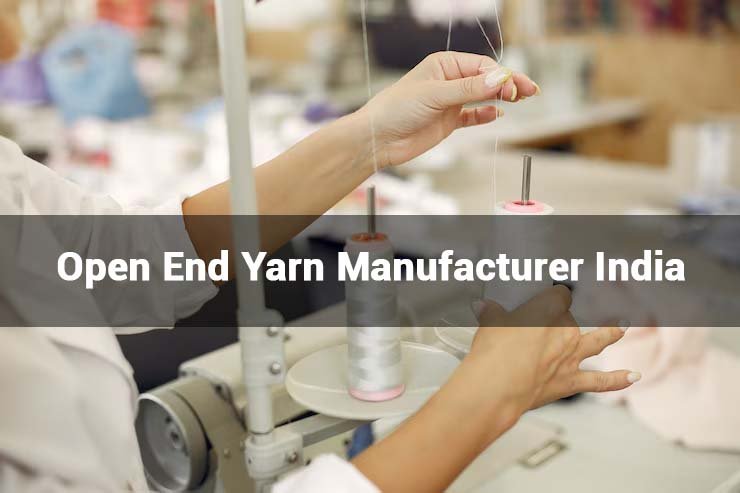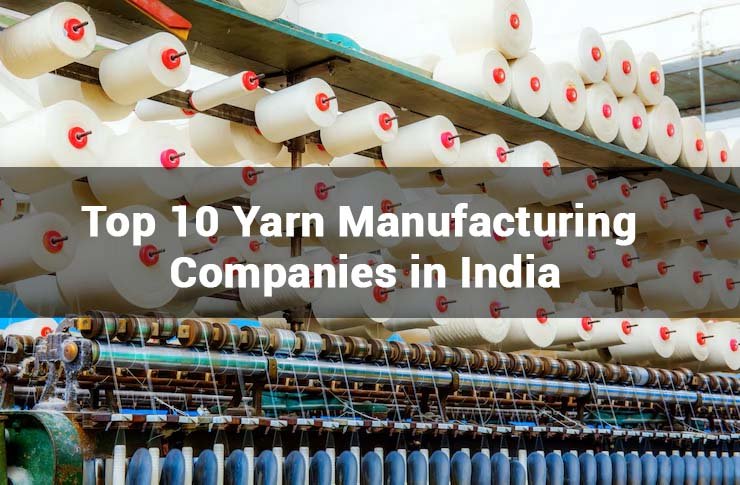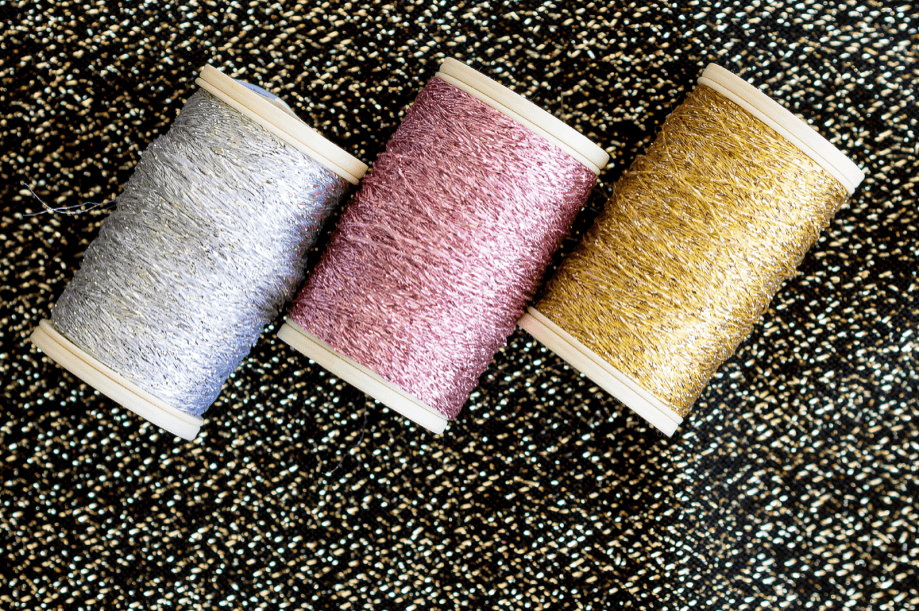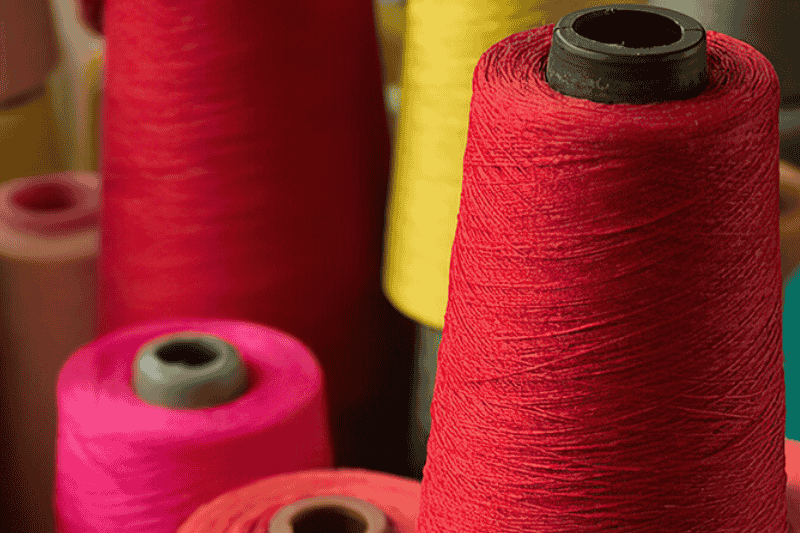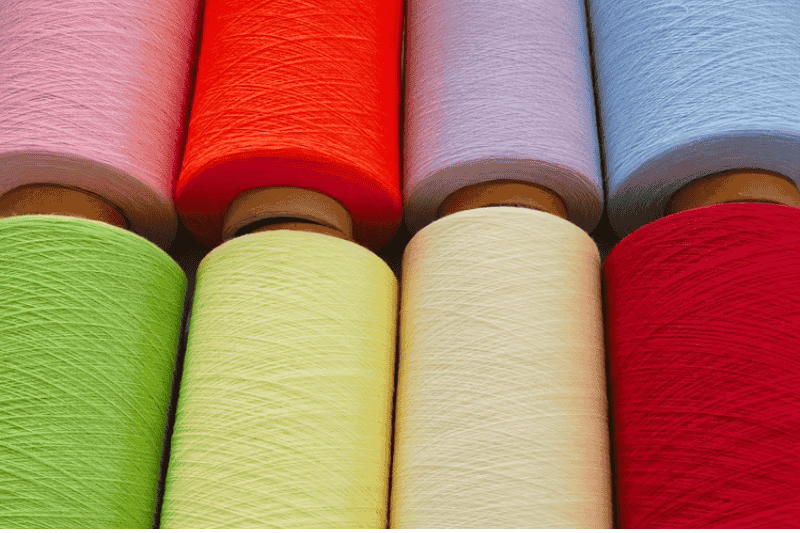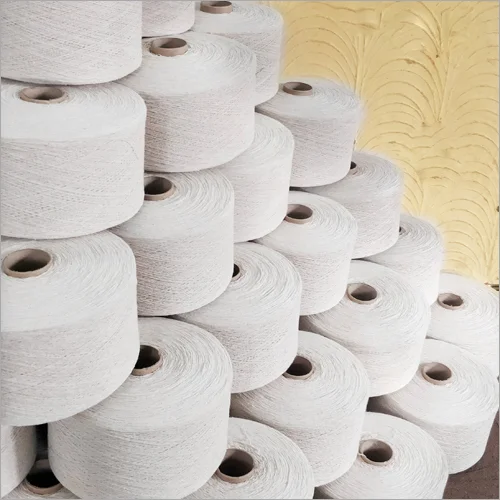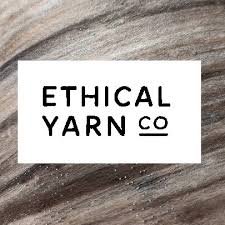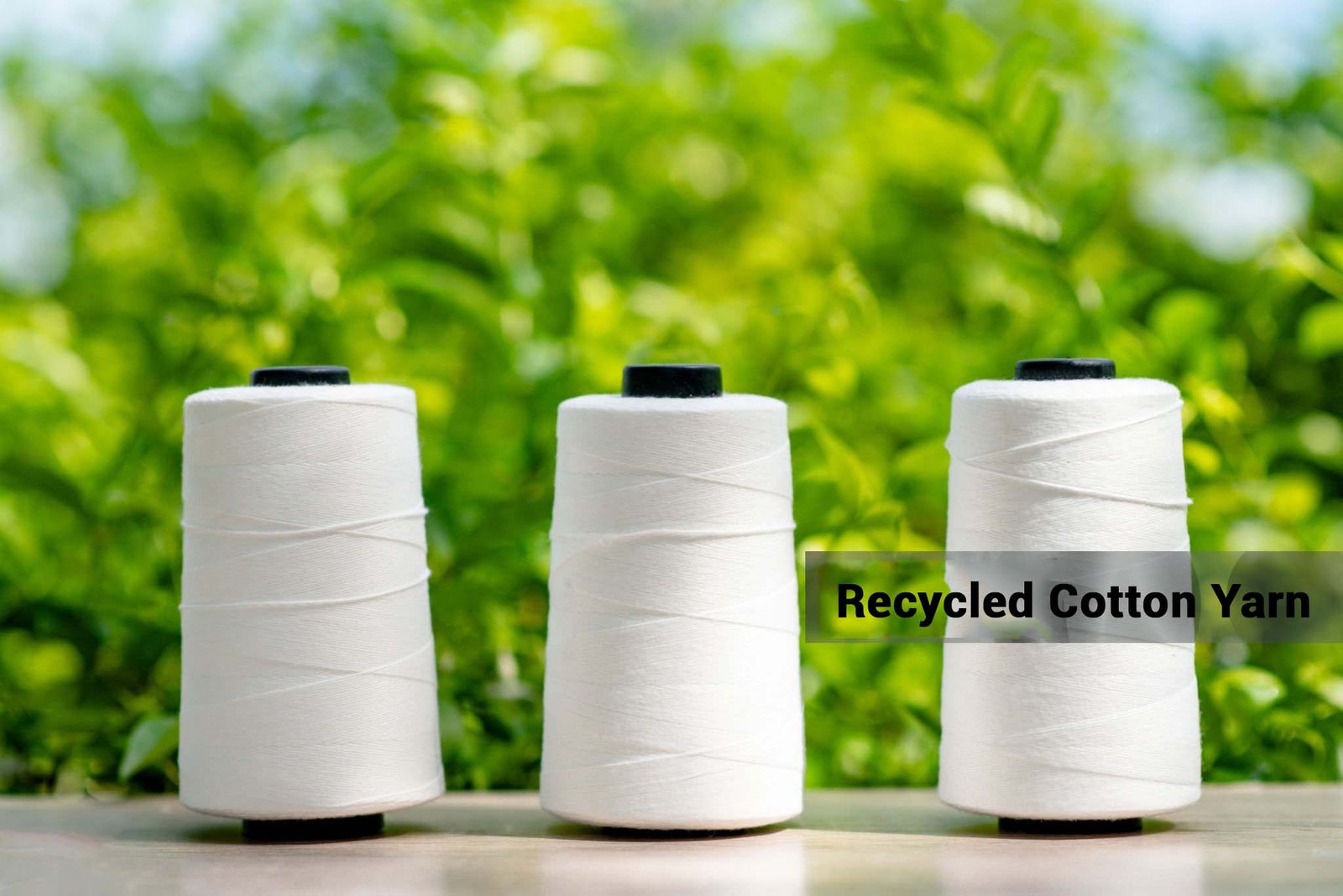
Mr. Mayank / Date: 18 Aug, 2025
Recycled Yarn - Process, Benefits and Trusted Manufacturers
In the textile industry, one material leading this transformation is recycled cotton yarn. By turning textile waste into usable fibers, recycled yarn reduces environmental harm, saves water and energy, and supports a circular fashion economy.
But what is recycled yarn? How is it made? And is it really as good as virgin cotton? Let’s explore the recycled yarn process step by step, uncover the benefits of recycled cotton, and understand why RG Fibers—one of the leading cotton recycled yarn manufacturers in India—is driving this sustainable change.
What is Recycled Yarn?
Recycled yarns are made by reprocessing cotton waste into usable fibers and spinning them into new yarn.
Two types of waste are commonly used:
- Post-industrial waste – scraps, defective fabrics, or leftover yarn from garment factories.
- Post-consumer waste – worn-out clothes, bedsheets, towels, and other household textiles.
Instead of ending up in landfills or incinerators, this waste is transformed into recycled cotton fiber, creating high-quality post-consumer recycled yarn.
According to Textile Exchange, recycling 1 ton of textiles saves around 20,000 liters of water and reduces nearly 2 tons of CO₂ emissions compared to virgin cotton.
Recycled Cotton Yarn Process – Step by Step
The recycled yarn manufacturing process has a number of steps in order to deliver quality and sustainability:
1- Collection of Textile Waste
Cotton waste, yarn scraps, and old textiles are collected. At RG Fibers, sourcing is done through ethical and reliable channels, making them a trusted post-consumer regenerated yarn manufacturer in India.
2- Sorting & Grading
- Sorted by color to reduce dyeing needs.
- Sorted by fabric type (pure cotton vs blends).
3- Cleaning & Pre-Processing
Buttons, zippers, and dust are removed. Eco-friendly cleaning keeps fibers safe for reuse.
4- Fiber Opening & Shredding
Textiles are shredded into recycled cotton fiber.
Challenge: Fibers become shorter, but RG Yarn uses advanced shredding machines to reduce damage.
5-Blending (Optional)
In order to make them strong and soft, the yarn used is a recycled yarn mixed with:
- Virgin cotton
- Recycled polyester
- Other natural fibers
6- Spinning into Yarn
- Open-end spinning for cost-effective yarn.
- Ring spinning for finer, stronger yarn
7- Quality Testing & Packaging
The final recycled yarns are tested for strength, texture, and color before being packed in eco-friendly materials and shipped worldwide.
Benefits of Recycled Cotton
The benefits of recycled cotton go beyond sustainability:
- Eco-friendly – Saves water, energy, and reduces carbon emissions.
- Cost-effective – Affordable for large-scale textile production.
- Waste reduction – Diverts tons of textiles from landfills.
- High demand – Fashion brands now prefer recycled cotton yarn suppliers to meet sustainability goals.
Challenges in Recycled Yarn
While recycled cotton yarn manufacturers have made progress, some challenges remain:
- Fiber Shortening – Recycling reduces fiber length, requiring blends for strength.
- Color Limitations – Shades depend on available waste colors.
- Infrastructure Costs – Sorting and recycling need advanced machinery.
Leading recycled yarn companies like RG Fibers address these challenges using modern technology and certifications like GRS (Global Recycled Standard) to ensure reliability.
Recycled Cotton vs Virgin Cotton
| Factor | Recycled Cotton Yarn | Virgin Cotton Yarn |
|
Water Usage |
Very low | Very high (≈20,000L/kg) |
| Carbon Footprint | Reduced | High |
| Durability | Slightly lower (blended for strength) | Strong, long fibers |
| Cost | Affordable for bulk use | Higher due to farming & processing |
Why Choose RG Fibers?
For over a decade, RG Fibers has been one of India’s most trusted cotton recycled yarn manufacturers. Here’s why businesses choose them:
GRS-certified recycled cotton yarn suppliers
Original blends & colour in fashion, denim and home textiles
Advanced recycled yarn manufacturing technology
Global shipping with eco-friendly packaging
Reputation as a reliable recycled yarn company
Whether you need high-quality post-consumer recycled yarn or bulk orders of cotton recycled yarn, RG Yarn delivers excellence with responsibility.
Conclusion
Recycled cotton yarn can no longer be seen as just a trend since it is the future of textile. From waste collection to spinning durable yarns, every step reduces environmental harm while creating valuable materials for fashion, upholstery, and home décor.
Yes, challenges like shorter fibers and color limits exist, but with innovation, blending, and certifications, recycled cotton yarn in India is emerging as a trusted alternative to virgin cotton.
For businesses looking to combine sustainability with quality, partnering with recycled cotton yarn manufacturers like RG Fibers ensures that you stay ahead in the global fashion and textile industry.
